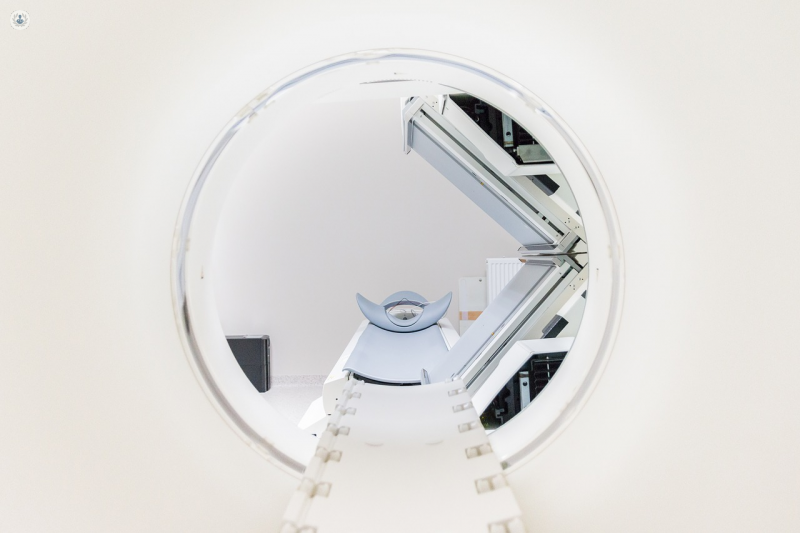Detection and treatment of multiple sclerosis
Autore:Multiple sclerosis (MS) is a chronic neurological condition where the immune system mistakenly attacks the protective sheath (myelin) surrounding nerve fibers, causing communication issues between the brain and the rest of the body. Over time, this can lead to permanent nerve damage, affecting mobility, vision, and other vital functions. Early detection and treatment are key to managing the progression of MS and maintaining a better quality of life.

Detection of multiple sclerosis
The symptoms of MS vary widely among individuals and may include fatigue, numbness, tingling, muscle weakness, vision problems, and balance difficulties. Diagnosis typically involves a combination of clinical evaluation, magnetic resonance imaging (MRI) scans, and sometimes lumbar punctures to analyse cerebrospinal fluid.
The presence of lesions on the brain or spinal cord, as seen on an MRI, often indicates MS. Early diagnosis can be challenging as symptoms may be intermittent or mimic other conditions, underscoring the importance of specialist evaluation by a neurologist.
Treatment options
While there is no cure for MS, treatment aims to manage symptoms, slow disease progression, and reduce the frequency of relapses. Disease-modifying therapies (DMTs) are the cornerstone of MS treatment, working to suppress or modulate the immune system. These medications, available as injections, oral tablets, or infusions, can significantly decrease the activity of the disease.
For acute relapses of MS, corticosteroids are commonly used to reduce inflammation and hasten recovery. In advanced cases, physical therapy and occupational therapy play a critical role in maintaining mobility and improving daily function. Symptom management may also include treatments for spasticity, pain, bladder dysfunction, or fatigue.
Holistic care and research
Ongoing research continues to advance the understanding of MS, offering hope for improved treatments and potential cures. Lifestyle modifications, including regular exercise, a balanced diet, and stress management, can complement medical treatments and enhance overall well-being. Early detection and personalised care plans crafted by neurologists are pivotal in empowering patients to navigate the challenges of MS effectively.
Prompt diagnosis and appropriate treatment not only mitigate the progression of MS but also enable individuals to lead fulfilling lives despite the condition.


